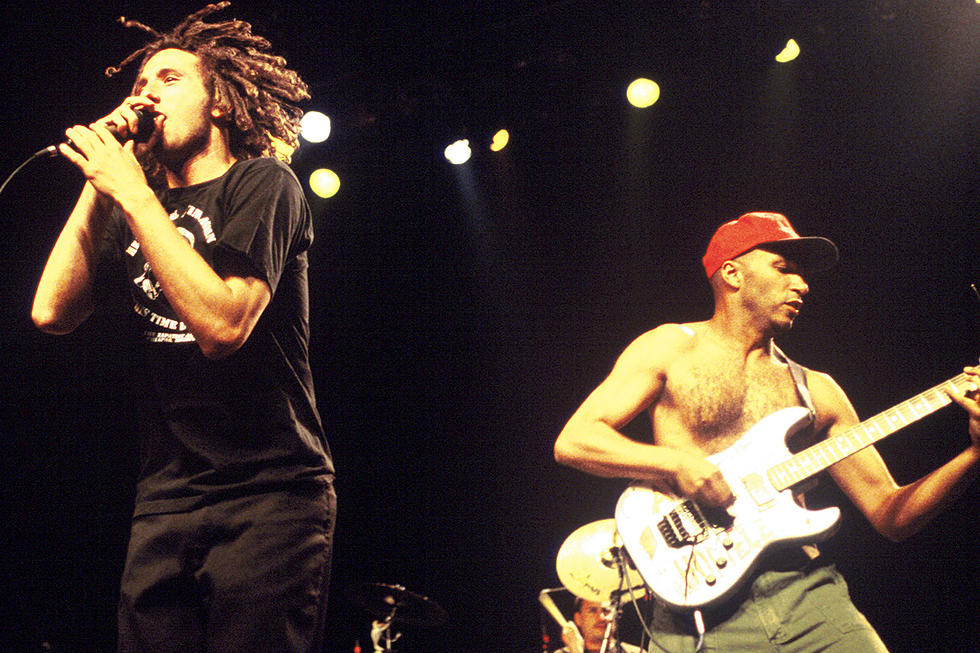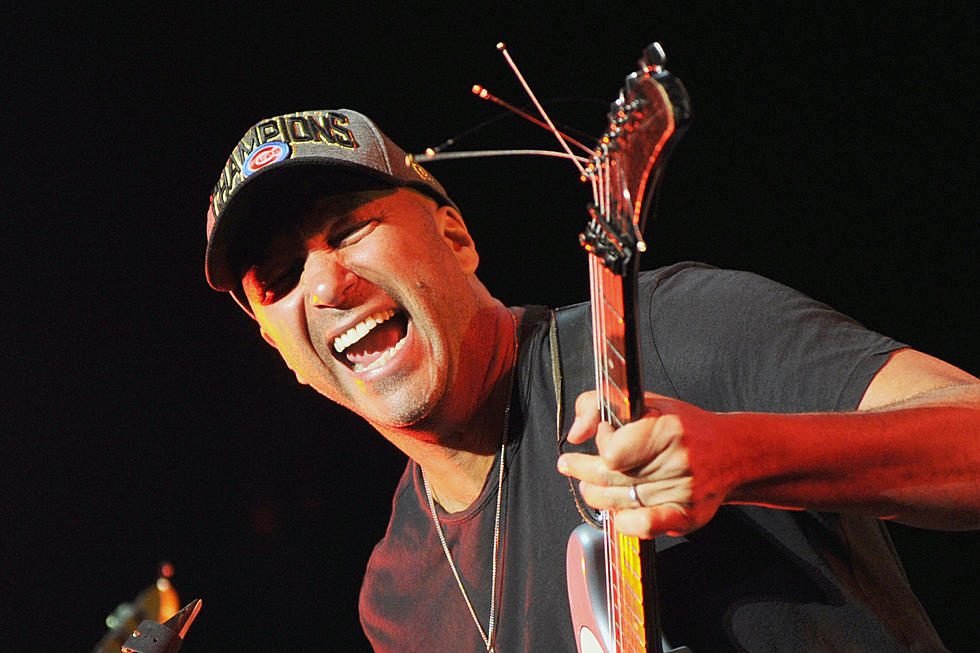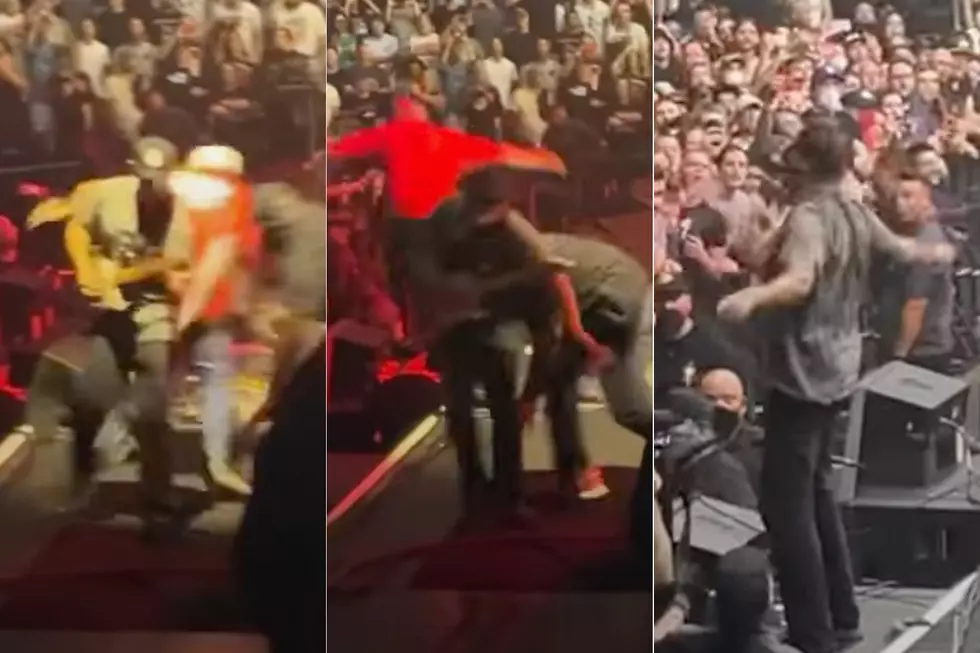
Spotify Sued for $1.6 Billion for Allegedly Infringing Copyrights of Rage Against the Machine, Weezer, Tom Petty + Others
Artist compensation continues to be an issue when it comes to dealing with the distribution of music online. One of the leading streaming services, Spotify, has dealt with several issues over the past year, and they were just hit with a $1.6 billion lawsuit concerning the usage of music from several name artists across multiple genres.
According to the Hollywood Reporter, Wixen Music Publishing filed the lawsuit, which covers music from a number of the clients including Rage Against the Machine's Zack de la Rocha and Tom Morello, Weezer's Rivers Cuomo, the late Tom Petty, The Black Keys' Dan Auerbach, Sonic Youth's Kim Gordon, The Doors, Neil Young and many more.
The suit was filed Dec. 29 in a California federal court, alleging that Spotify used Petty's "Free Fallin'," the Doors' "Light My Fire" and tens of thousands of other songs with a license and compensation. In addition to the hefty $1.6 billion asking price for damages, Wixen Music Publishing is also seeking injunctive relief.
Just last year, Spotify proposed a $43 million settlement to resolve a class action lawsuit brought by a group of songwriters led by David Lowery and Melissa Ferrick that claimed that the company hadn't paid for mechanical licenses for song compositions. Since that May settlement, two more lawsuits were filed claiming that Spotify had not complied with the U.S. Copyright act.
Wixen elected not to get involved with the Ferrick class action case, objecting to the settlement and choosing to file their own action. "The Settlement Agreement is procedurally and substantively unfair to Settlement Class Members because it prevents meaningful participation by rights holders and offers them an unfair dollar amount in light of Spotify’s ongoing, willful copyright infringement of their works," said a statement from Wixen's group of songwriters.
According to the report, Spotify has questioned whether Wixen has been authorized to take such aggressive actions against them by their clients, stating that while the publishing company may have the right to negotiate licensing deals, most agreements don't have wording concerning litigation.
"Spotify brazenly disregards United States Copyright law and has committed willful, ongoing copyright infringement," Wixen stated in their complaint against Spotify. "Wixen notified Spotify that it had neither obtained a direct or compulsory mechanical license for the use of the Works. For these reasons and the foregoing, Wixen is entitled to the maximum statutory relief." The complaint also suggests that as much as 21 percent of Spotify's over 30 million songs are unlicensed.
In late December, a pair of representatives introduced the Music Modernization Act, which would end the "notice of intent" process and would create a database that would publicly identify songs and help to alleviate the struggle of digital services to locate the co-authors of copyrighted works. The act would impact copyright holders suing over mechanical reproduction beginning on Jan. 1 of this year, which explains why the lawsuit was filed just prior to the end of 2017.
"We are very disappointed that these services will retroactively get a free pass for actions that were previously illegal unless we actually file suit before January 1, 2018," said Wixen president Randall Wixen in a statement to The Hollywood Reporter. "Neither we nor our clients are interested in becoming litigants but we have been faced with a choice of forfeiting rights and damages, or taking action at this time. We regret that this otherwise admirable proposed bill has had this effect, and we hope that Spotify nonetheless comes to the table with a fair and reasonable approach to reaching a resolution with us. We are fully prepared to go as far forward in the courts as required to protect our clients’ rights.”
More From 107.7 WRKR-FM










